Prepare your car for much more driving after a long period of reduced activity
With lockdown rules set to be eased on March 29th and then further on April 12th, the sudden change in activity for cars could potentially lead to problems if certain checks aren’t made.
Whether your car has been sitting idle for weeks at a time or if it was still being driven, just not as much as usual, it’s definitely worth carrying out some minor inspections before picking up regular driving again.
Online car maintenance company, Fixter, has provided ten helpful tips to ready our vehicles for extended driving, whether it be for a UK staycation or to catch up with more distant friends and family.
1. Check oil level
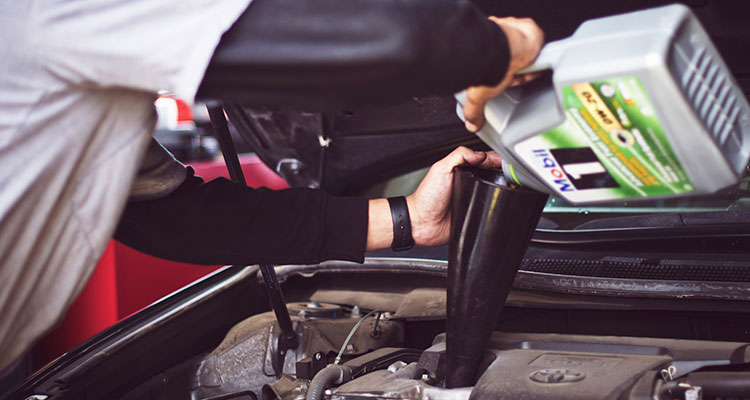
Checking oil is simple, important and often skipped by many motorists. Low oil levels can result in engine issues as the components will wear quicker due to a lack of lubrication. All you need to do for this 5-minute check is lift the bonnet, take the dipstick out, wipe it clean, dip it back in all the way and then lift it out to see if the oil is between the two min and max markings.
2. Check coolant level
An overheating engine will eventually fail and potentially leave you on the roadside waiting for assistance. To check that there’s enough coolant fluid, look for it under your bonnet, often located near the radiator towards the very front of the car. There will be a mark on the container which should help with checking it’s at the correct level.
3. Top up windscreen washer fluid
Another easy top-up job that is often neglected. This fluid could be the difference between being able to see in front of you whilst driving and having an obscured view should any muck get onto the windscreen. Under the bonnet, look for a windscreen symbol on top of a reservoir and make sure the fluid level is in accordance with the marking.
4. Check your battery
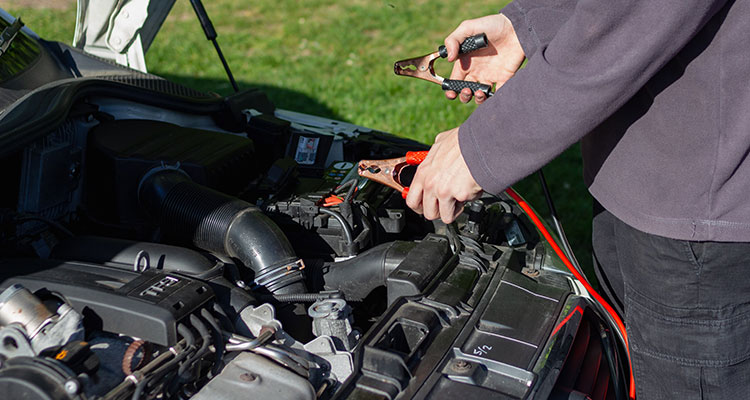
While some fluid levels may not have changed, your battery health has likely deteriorated over lockdown if your car has been parked for weeks at a time or if only short trips have been made. Check your battery terminals for corrosion and be sure to take your car for a nice long 30-minute drive to recharge the battery. If there are still signs of a weak battery (struggles to start or doesn’t start the first time, lights are dimmer etc.) afterwards, it may need replacing soon.
5. Check tyre pressure
Tyres are incredibly important to the safety of a car. Incorrect tyre pressure will result in less grip and could cause an accident which is why taking it down to the local fuel station and spending 50p to pump them up to the correct psi is a worthwhile investment.
6. Check tyre health
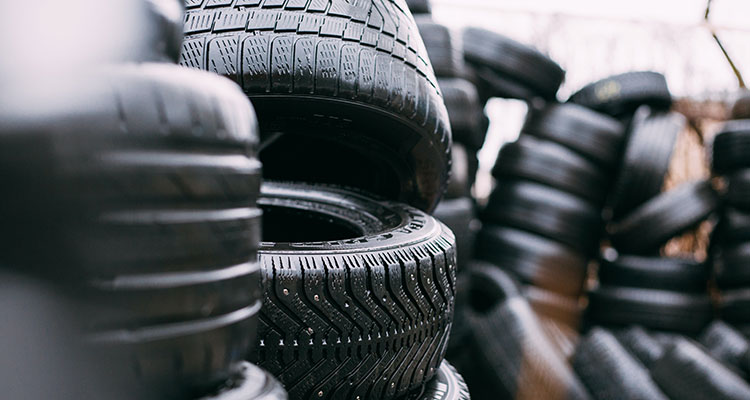
As well as a drop in pressure, tyres may also have developed cracks or splits. Have a good look over your tyre walls and treads to check for any aberrations. Also, ensure that the tyres are still above minimum tread depth by feeling for the notches in the tread with your fingers. If the tread is close to flush with a notch, it likely needs replacing as soon as possible.
7. Check brakes
Yet another vital check to do as the brakes are arguably the most important safety feature in a car. After long periods of sitting idle, brakes can rust over resulting in them being stuck and once unstuck, the braking capability may be reduced until all surface rust has been cleared. Drive with added caution at the beginning of your journey as the brakes rub off the rust that has accumulated over time.
8. Check fuel levels
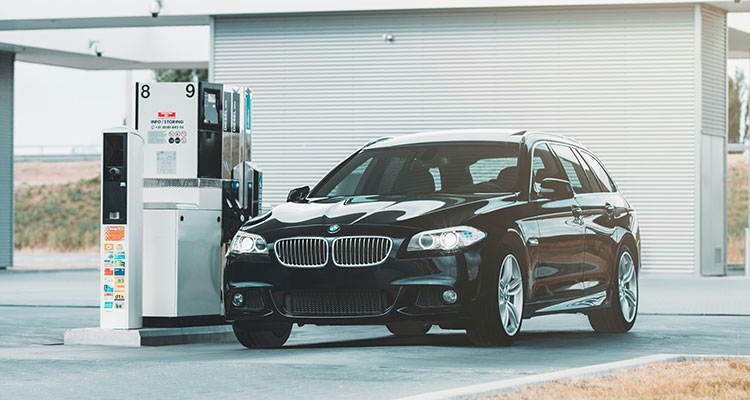
They say petrol can evaporate and also that rust can form inside an empty fuel tank. To combat this, fill up with a full tank of fuel and add a stabiliser to keep it fresh for longer.
9. Check the exterior
Over time, debris may have become stuck in places that it shouldn’t be such as air intakes, wheels or the front bumper. Be sure to clear any debris before setting off and also check if any wildlife has made a nest in the car’s underneath before starting the car.
10. Check doors and handles
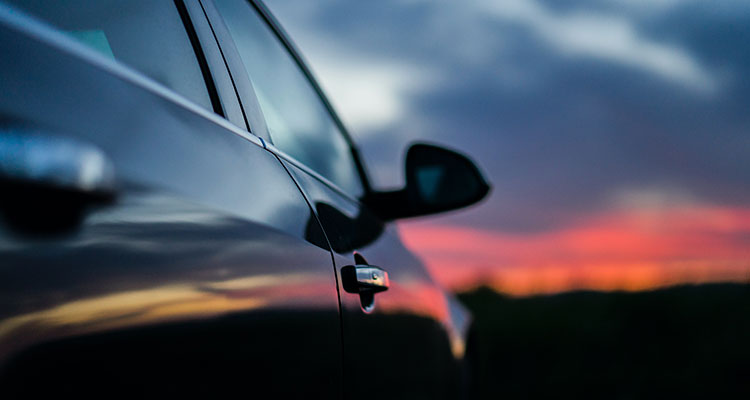
Finally, it may be worth checking doors and mechanisms other than the driver’s door as they may have malfunctioned or seized themselves shut over lockdown due to lack of use. That way, you are aware if any doors are inaccessible before setting off.
Fixter also recommends packing a fully-charged mobile phone, phone charger, jacket, blanket, snacks, breakdown cover details, torch, and ideally a high-vis vest and warning triangle to be prepared for whatever life throws at you.
Let us know how you check your car, in the comments below.
If you enjoyed this, you may also like: ‘Are Modern Car Lights Too Bright?’
For more articles like this, receive our weekly e-newsletter, including partner deals and all things motoring, register your email below.
Please note: You cannot subscribe to Smart-Motoring unless you put a tick in the checkbox below to indicate have read and agreed to our privacy policy.




Leave a Reply
You must be logged in to post a comment.